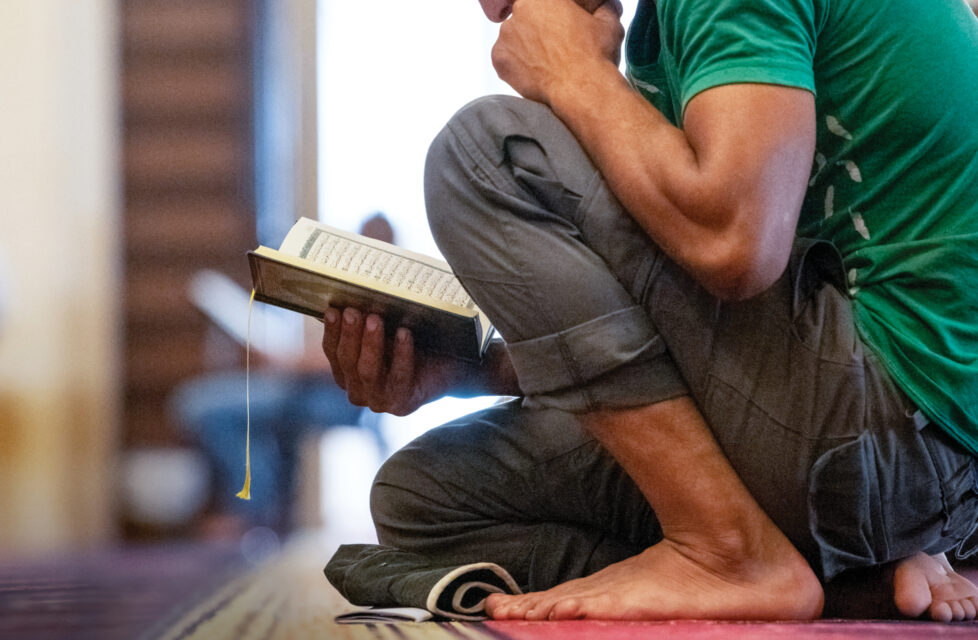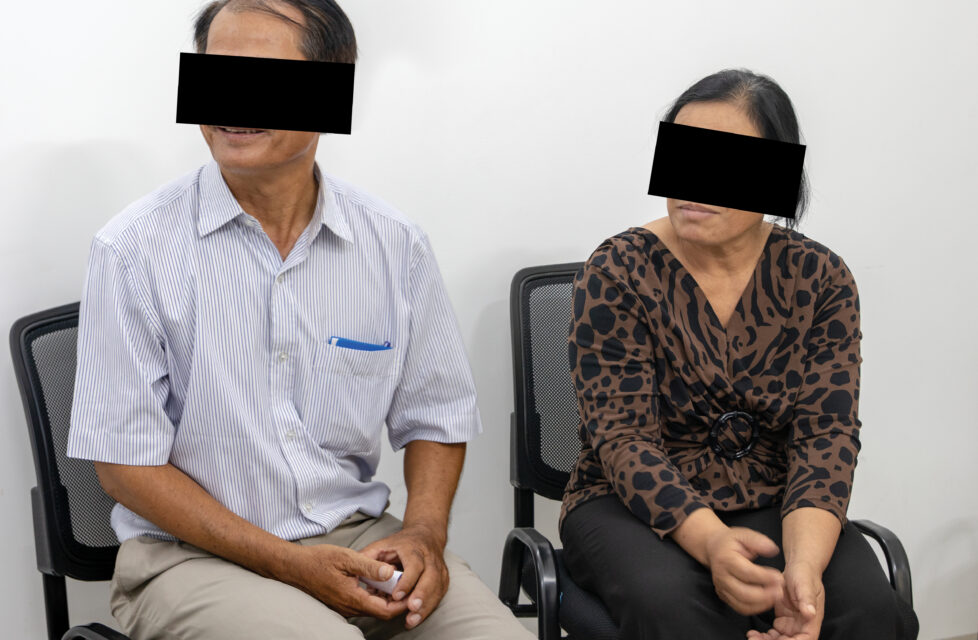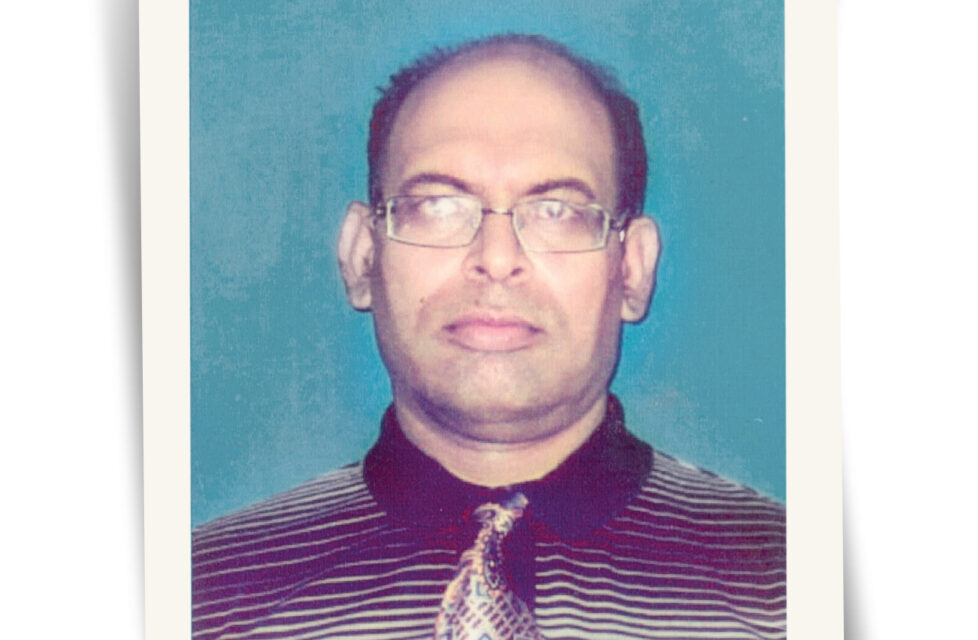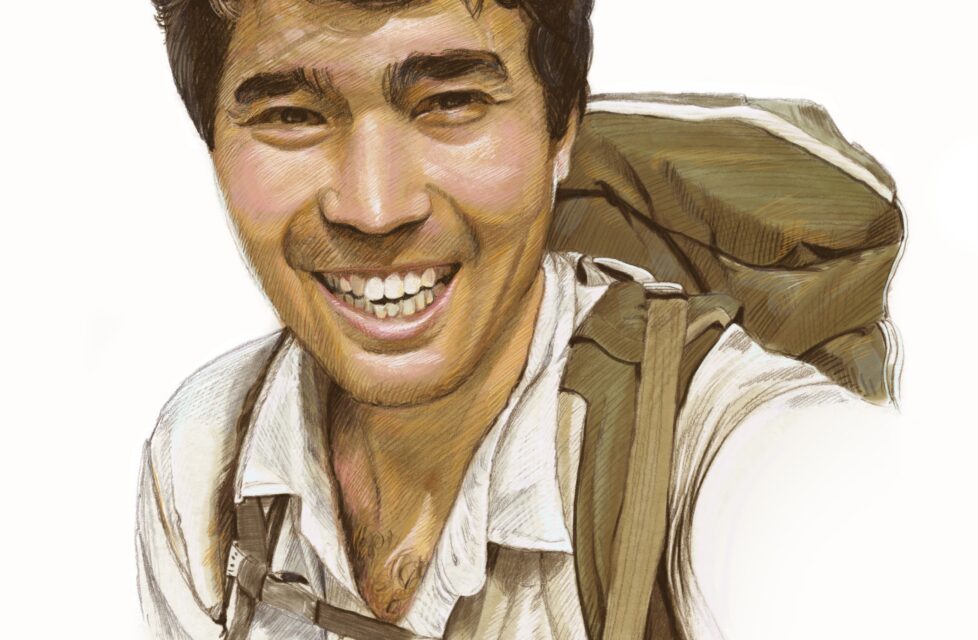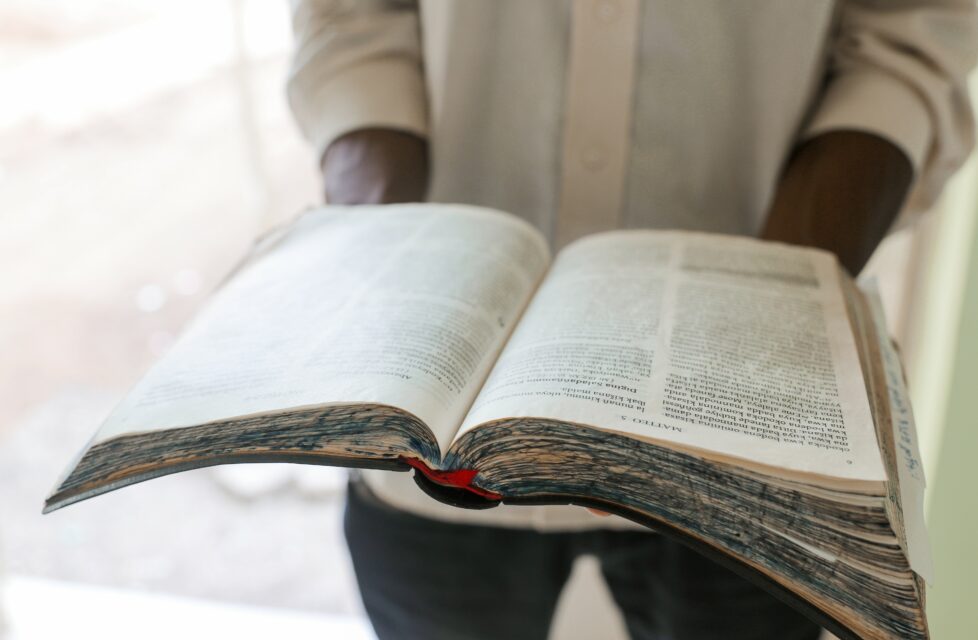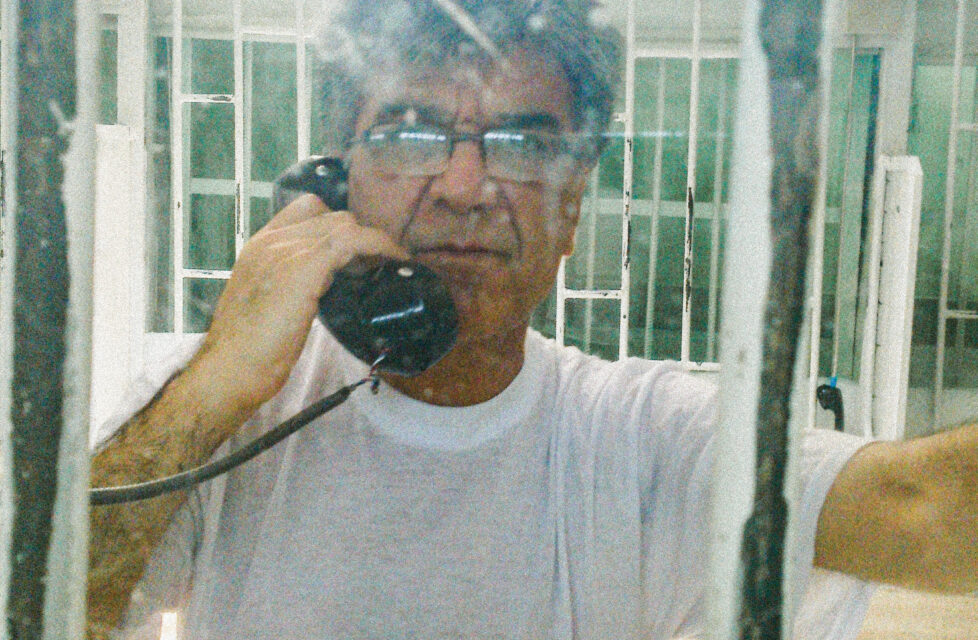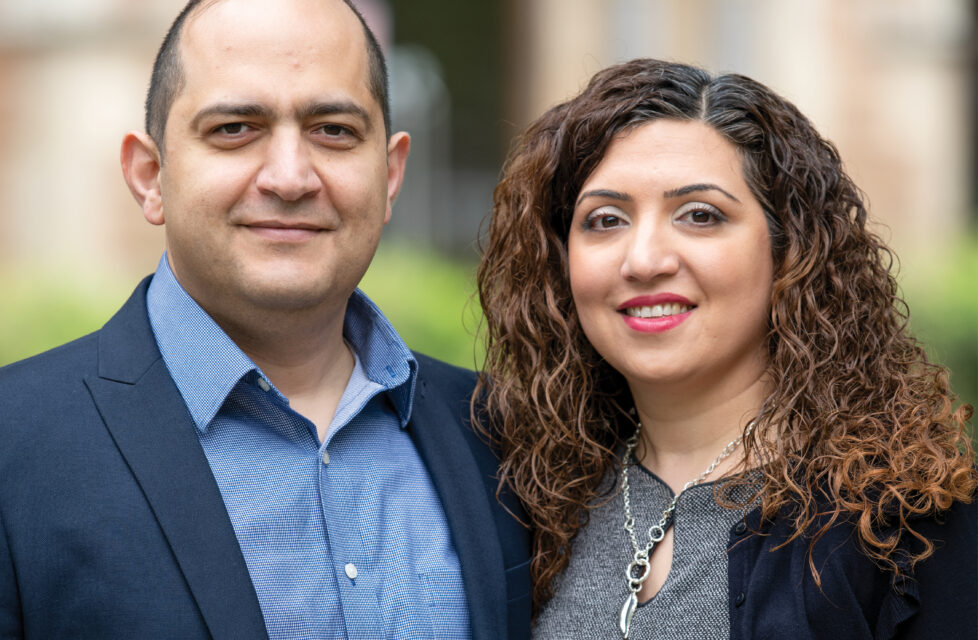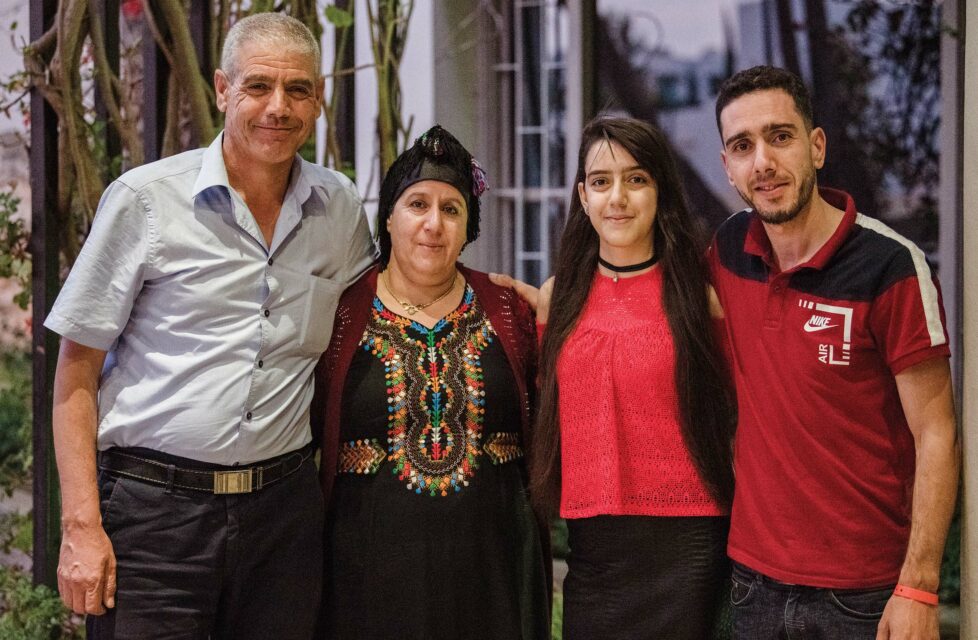Why a former Islamic scholar is now providing a safe place for ex-Muslims to grow in their relationship with Christ When the first rock struck his back, Waleed turned and shouted, “Who did this?” Groups of young men loitering along the street stared blankly back at him, while shopkeepers avoided eye contact. Then, as Waleed turned and continued on his way, a barrage of stones began to rain down on him. “I was so scared,” he recalled, “so afraid.” Waleed ran for his life. Later, while assessing his cuts and bruises, he realized that his brothers at the mosque were no longer his brothers. He had pointed out too many contradictions in the Quran and had asked too many questions about Jesus that they couldn’t answer. Who was this Jesus mentioned 187 times, more than anyone else in the Quran? Becoming an Islamic Scholar An uncle in Waleed’s deeply Islamic family selected him at a young age to become an Islamic scholar. He grew so fluent in Arabic, the language of the Quran, that he received a four-year scholarship to an Islamic university in Mecca, Saudi Arabia, where he was expected to immerse himself in Islam before returning to his
Read MoreAlmost no one was in favor of Mai marrying Pastor Giang. Her family, who are communists, strongly opposed the marriage, as did local Communist Party officials and friends at the school where she worked. “My older brother is a policeman in the city and in a very high position in the province,” Mai explained, “and my two younger brothers are also policemen. They [forbade] me from marrying him.” But Mai chose to marry Pastor Giang against the wishes of family and friends, and she soon paid a price for it. When the Vietnamese government learned that she had married a pastor and later confirmed that she had also become a Christian, they fired her from her position as vice principal of the school. At first Mai worried about being unemployed, but Giang, who had himself experienced trouble finding jobs in the past, read her verses of Scripture and assured her of God’s provision. Soon Mai found a new purpose — serving the Lord alongside her husband. With Mai’s background in education and Giang’s experience in ministry, they began teaching children in their village how to write and speak Vietnamese. The children, who ranged in age from 6 to 17, were
Read MoreThe Bully Becomes the Beaten Paulus had no idea that the words of the man he was beating would be prophetic. As a devout Muslim working in law enforcement, he made it a point to preach Islam among Pakistan’s minority Christian community, even beating many Christians in an effort to coerce them to become Muslim. Then, one day Paulus met a pastor in a park. He discussed Islam with the man and tried to persuade him to accept what he considered the only true religion. But as a committed follower of Jesus Christ, the pastor told Paulus he could not become a Muslim. So, sticking to standard practice, Paulus violently attacked him. Between painful blows to the head, the pastor made eye contact with Paulus and said, “I am beaten for Jesus Christ, and one day you will also be beaten for Him.” Although the man’s words left an impression, Paulus would not understand what they meant until years later. Meeting Jesus Reading was a great passion of Paulus, and one day while browsing through his local book store, he curiously picked up and purchased a copy of an old book. Later, as he began to read the book, he
Read MoreIf all had gone according to John Allen Chau’s plan, we would never have known his name. He intended to remain invisible to the world whether he lived or died, caring only to be seen by the one who told His followers to “Go into all the world and proclaim the gospel to the whole creation.” But instead, in November 2018, news outlets around the world were running the story of a 26-year-old American man who had been killed trying to make contact with a remote tribe on North Sentinel Island, a tiny speck in the Bay of Bengal between India and Southeast Asia. Many news reports and opinion pieces implied that John had been foolish to contact a people group known to be violent toward outsiders. What they didn’t know was that John had prepared for years to reach the Sentinelese with the Good News of Jesus Christ. John chau’s Life of Preparation John spent almost a decade preparing to take the gospel to the Sentinelese, one of the last uncontacted people groups. His journey began in 2008, the year he turned 17, when he became what he described as “an apprentice to Jesus.” After taking his first missions
Read MoreSmuggling the Digital Word Al-Shabab militants came for Christian schoolteachers Philip Okumu and Daniel Wekesa in the middle of the night. They surrounded the men’s house in their small Kenyan village near the Somali border and then tossed a grenade through a window. As flames spread through the concrete-block structure, Philip and Daniel ran for the door and were shot to death as they exited the building. According to a group of Somali Christian leaders, the men were killed for sharing the gospel with their students. Although based in Somalia, al-Shabab terrorists move freely across the country’s borders with Kenya and Ethiopia in a region known as Greater Somalia, enforcing their harsh religious standards with brutal injustice. Sharing the gospel in this region is extremely dangerous. Neither the Somali nor Kenyan government has been able to control the Islamist group in this lawless border region, prompting the Kenyan government to urge non-Muslim government workers like Philip and Daniel to leave the area. The two Christian men chose to stay, however, because they knew the ethnically Somali children they taught would have no other way of hearing the gospel. Their love for the children and faithfulness to Christ cost them
Read MoreSharing God’s Word in the Depths of “Hell” As Pastor Houmayoun led a prayer meeting at his home in Shiraz, Iran, in 2012, secret police stormed in and arrested the pastor, his wife, their 17-year-old son and four other church leaders. The seven Christians were blindfolded, shoved into vehicles and taken to an intelligence prison for questioning. After days of interrogation, they were moved to a public prison and ordered to keep quiet about why they had been arrested; the guards rightly feared the spread of Christianity among the prison’s 6,000 prisoners. But Houmayoun and the other believers felt compelled to obey a higher authority. “It would have been comfortable just to be quiet and not talk about Jesus,” Houmayoun said. “Things would have gone better for us in prison.” As they shared their testimonies and the gospel with their Muslim inmates, one thing became very clear: They were going to need Bibles. Collecting Verses Instead of despairing over their imprisonment, the Christians saw an opportunity to spread the gospel among their fellow inmates. As they shared their testimony quietly with one inmate after another, they received a variety of responses. A few threatened to kill them, while many others
Read MoreWhen Mustafa learned that his younger brother, Omar, had become a Christian after hearing the gospel from a visiting evangelist in their Moroccan city, he felt he had no choice but to act. On that day in 2005, he grabbed his brother’s Bible, a book he considered counterfeit and unclean, and burned it along with the rest of Omar’s Christian literature. As the oldest son, he then kicked Omar out of their family’s home; his hatred of Christians barred him from sharing a house with an apostate. In Morocco, Islam is entwined with every aspect of life, and the country is ruled by a monarch believed to be a direct descendant of the Prophet Muhammad. Mustafa stayed in contact with Omar, hoping to draw him back to Islam. He eventually visited his brother and asked him for a Bible; he thought that if he could show Omar the Bible’s errors, he would return to Islam. Omar gladly gave his older brother a Bible and pen, suggesting that he mark each verse that he found problematic. The brothers then discussed the verses that Mustafa highlighted, and Mustafa felt increasingly torn between Islam and Christianity. When he read Matthew 7:7, “Ask, and
Read MoreMourning the loss of her martyred father in Iran, Rashin promised the Lord she would follow in his footsteps. On Dec. 3, 1990, 13-year-old Rashin Soodmand’s life changed forever. That day, she learned that the Iranian government had executed her beloved father for leaving Islam, a decision he had made at age 17. Rashin had grown accustomed to her father’s repeated confrontations with Iran’s Islamic authorities. While still a toddler, she moved with her parents to the city of Mashad, Iran, where her father had been raised as a Muslim. In 1980, during the early days of Iran’s Islamic Revolution, her parents started a church in their basement, and after learning of the gatherings, the religious police repeatedly arrested her father, Hossein Soodmand, and other believers. Despite suffering physical and psychological torture during his brief stints in jail, nothing prevented Hossein from sharing Jesus Christ. While Hossein’s bold faith inevitably led to persecution, it also helped protect and eventually inspire Rashin’s faith. She and her siblings were the only Christians at their school, so her father taught and quizzed them on fundamentals of the faith in order to counter their mandatory Islamic studies. “That was a challenge for me,” Rashin
Read MoreSimo is a tall man with straight posture, hinting at his careers in the army and later as a police investigator. Like many of his countrymen, Simo was born a Muslim but had always held his faith lightly. It was tradition and it was culture, but he had felt more loyalty to his country than to his Muslim religion. In the early ’90s, Algeria transitioned from a one-party political system to a multi-party system, and surprisingly an Islamist party then won the election. To avoid the possibility of a government led by extremists, the army quickly took over, launching an insurgency that lasted six years. Simo served as a police detective during the insurgency, and one day he found himself interrogating a young Muslim man who justified his violent actions by citing the Quran and the teachings of the Prophet Muhammad. “I thought, if all this is right and Islam is telling us to kill, then Islam is not a religion and I cannot follow it anymore,” Simo said. Disillusioned with the religion he had grown up in, Simo began to consider Christianity. After visiting some churches, including a Kabyle Protestant church, he noticed a real difference between followers of
Read MoreChristianity has flourished in Algeria over the last few decades, growing at a rate of 8% annually compared with the global evangelical growth rate of 2.6%. Most of the growth in Algeria has occurred among the Kabyle Berber people, a minority ethnic group in the mountainous eastern part of the country who speak Kabyle rather than Arabic. Today, Algeria is home to the largest congregation of Christian converts from Islam in the world. And the Algerian government has taken notice, closing at least 11 churches in 2018. In 2018, the Ministry of Religion sent a threatening letter to the church in Tizi Ouzo where Dassin serves as worship leader. The church, warned authorities, might be closed down because of inadequate safety equipment such as fire extinguishers. Leaders of the 250-member Kabyle church knew they must take the government’s warning seriously because it had already closed other churches in the region. However, they also knew the complaints were invalid because the Ministry of Religion was citing old information. The church had addressed the safety issues long ago, and authorities had not re-inspected the building. “They just want to harass us again,” Dassin explained. Tension has remained high between the church and
Read More
